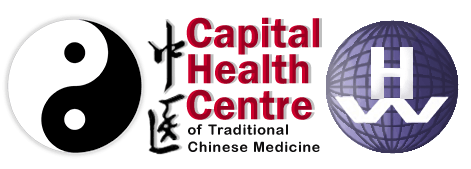How Does Acupuncture Work?
Today, acupuncture is a popular therapy and treatment in Western and Eastern societies. However, in ancient times, Eastern societies developed and used acupuncture due to a lack of equipment and to effectively focus on the body’s pressure points to work through the meridians and maintain the flow of energy or qi. Now, acupuncture and acupressure are often combined for a more thorough approach. With acupuncture, needles are inserted into key points of the body for a certain amount of time and then taken out to relieve tension. Whereas, acupressure applies pressure onto those same points of the skin.
Bodies are different from the outside, as our skin forms a unique identity, and protection from external elements, and acts as a boundary and way to differentiate between each other. Acupuncture penetrates through this skin barrier; hence, it penetrates our individual identities. The needles don’t go deep enough to dramatically impact the body, such as with intrusive procedures such as surgery, and there are no chemicals, such as those associated with injections.
Instead, acupuncture focuses on intrusion and insertion into the skin. What are acupuncture therapists looking for when they do this technique? This process isn’t just for stimulation at certain points; rather, it acts as a form of communication to the body to help identify patterns of problems within the body and observe how the qi and tension flow throughout the body. By doing this, acupuncturists aren’t trying to provide a disease diagnosis as within the medical world. Instead, they are finding out the identity of issues and how they relate and communicate with the rest of your body. When talking solely about pathological diseases, it is limited to focusing on a particular issue at a certain stage instead of the overall body, where long and short-term changes can be made to affect your health.

Acupuncture uses the system of meridians in the body to unblock any disconnections in the flow of qi, enhance the energy connection, and remove spots of increased tension.
‘How does acupuncture work?’ is a commonly asked question by clients of Traditional Chinese Medicine. Through a consultation, therapists can understand the client's needs and develop a personalised plan. In acupuncture, this enables enhanced needle connections to different meridians and functions, improving the healing process. This can be understood through the analogy of restaurants. Although there are different cuisines of food, the goals for most people are to feel fulfilled from their meal and be happy. In acupuncture, there is a special setting and differences in the qi and blood and yin and yang. However, when approached by an acupuncturist, these differences can still have similar results for improving clients' health and well-being by alleviating body tension and stress.
This personalised approach to acupuncture and healing can improve the mind and emotions and balance the body. This is the overall reason for acupuncture, as it initially works to return our balance to the normal setting. However, acupuncture can also be used to focus on more specific issues, such as sleeping issues or insomnia, arthritis, etc, which will be addressed in future blog posts.




